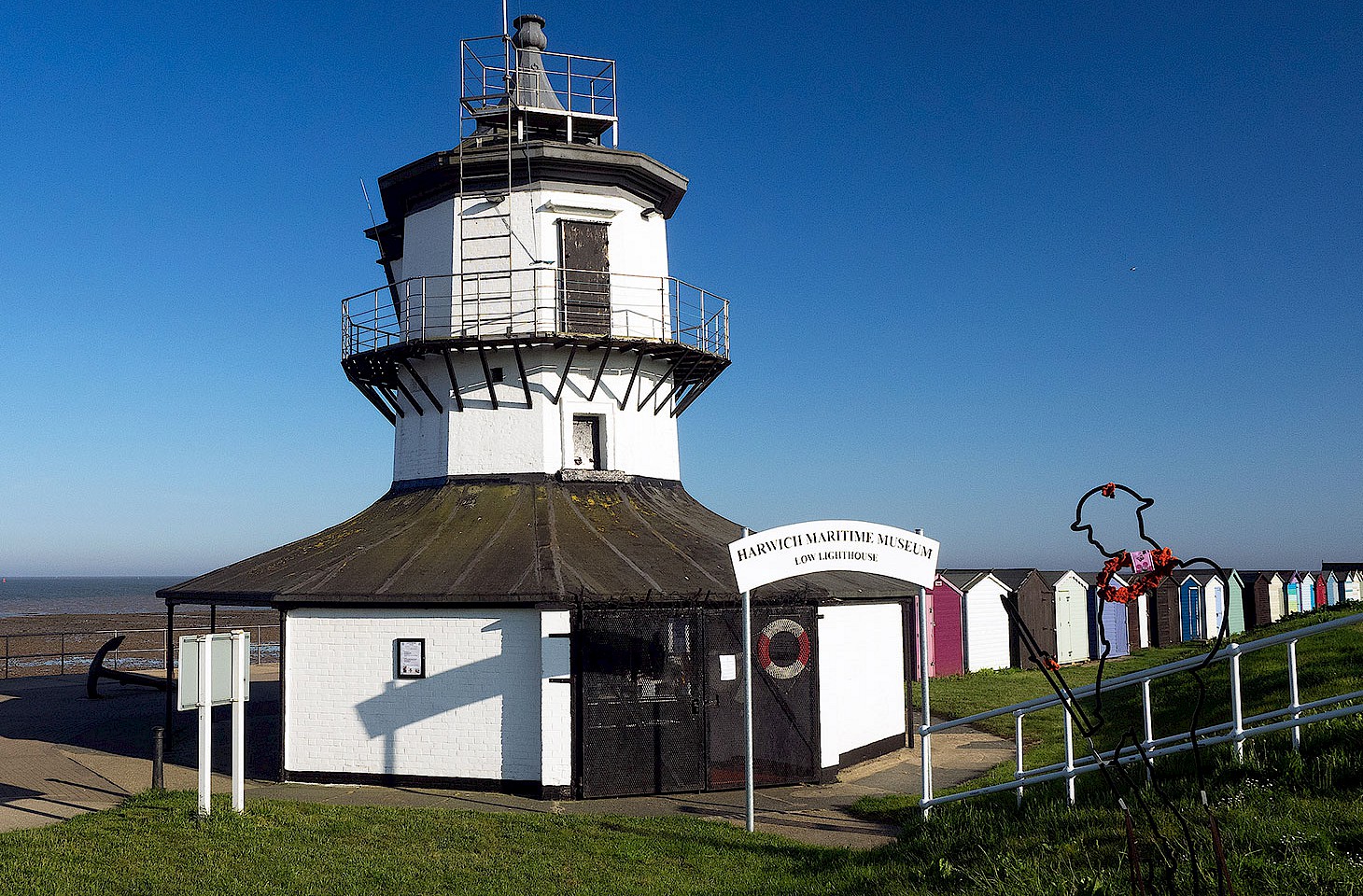The far west of Serbia is a glistening bluegreen zone of rolling wooded hills that seems to defy the very idea of borders. Not so very long ago this region stood at the geographical centre of what was then Yugoslavia — the pastoral heartland of a nation blessed with inventive, passionate people, ample natural resources and, for those of an optimistic viewpoint, an ever-bright future. This was the region that in the fifteenth century battled hard against Ottoman control before it finally submitted to Turkish subjugation. Five hundred years later it was at the heart of the struggle against Fascism during the Second World War.
The serpentine River Drina circumscribes the region’s western border and marks the political boundary between the republics of Bosnia- Herzegovina and Serbia. But the cultural frontier is not quite as clear-cut as might be imagined: the part of Bosnia-Herzegovina immediately west of the Drina is the Bosnian ‘entity’ called Republika Srpska, where Serbian dialect rather than Bosnian is spoken, signs are in Cyrillic, Serbian currency is welcome in the shops and you might be hard pressed to find many supporters of Bosnia and Herzegovina’s national football team. Even the nightingales that warble in the bushes on both sides of the river do so with a distinct Serbian accent. Cultural boundaries are fluid even where political frontiers are not, and this region feels more like the deep heart of an ancient land rather than the border hinterland of two separate republics.
West Serbia is a largely rural region that has its fair share of the visual clichés associated with old-world Balkans: wooden houses with steeppitched roofs, fruit-laden orchards, haystacks in meadows, tightly clustered villages next to fast flowing rivers. The sole exception to this bucolic charm is Uzice, the region’s only city, which possesses a pragmatic, workaday feel about it and is as close as it gets to a concrete jungle in these parts. Indeed Užice (formerly known as Titovo Užice in honour of the Partisan leader), was for a brief beleaguered time — an embattled 76 days — a defiantly independent republic in the centre of Axis-occupied Yugoslavia.
The city is often claimed to be the ‘Serbian Hong Kong’ but this is quite a stretch of the imagination, if not plain hyperbole. True, Uzice has more than a few high-rise blocks that seen from the right angle might give an impression of cheek-by-jowl urbanism but, if truth be told, the city is more reminiscent of a middle-sized urban centre in the north of England. Uzice was once one of Yugoslavia’s most prosperous industrial cities and an unglamorous, hard-working atmosphere has prevailed into the years of Serbia’s independence.




